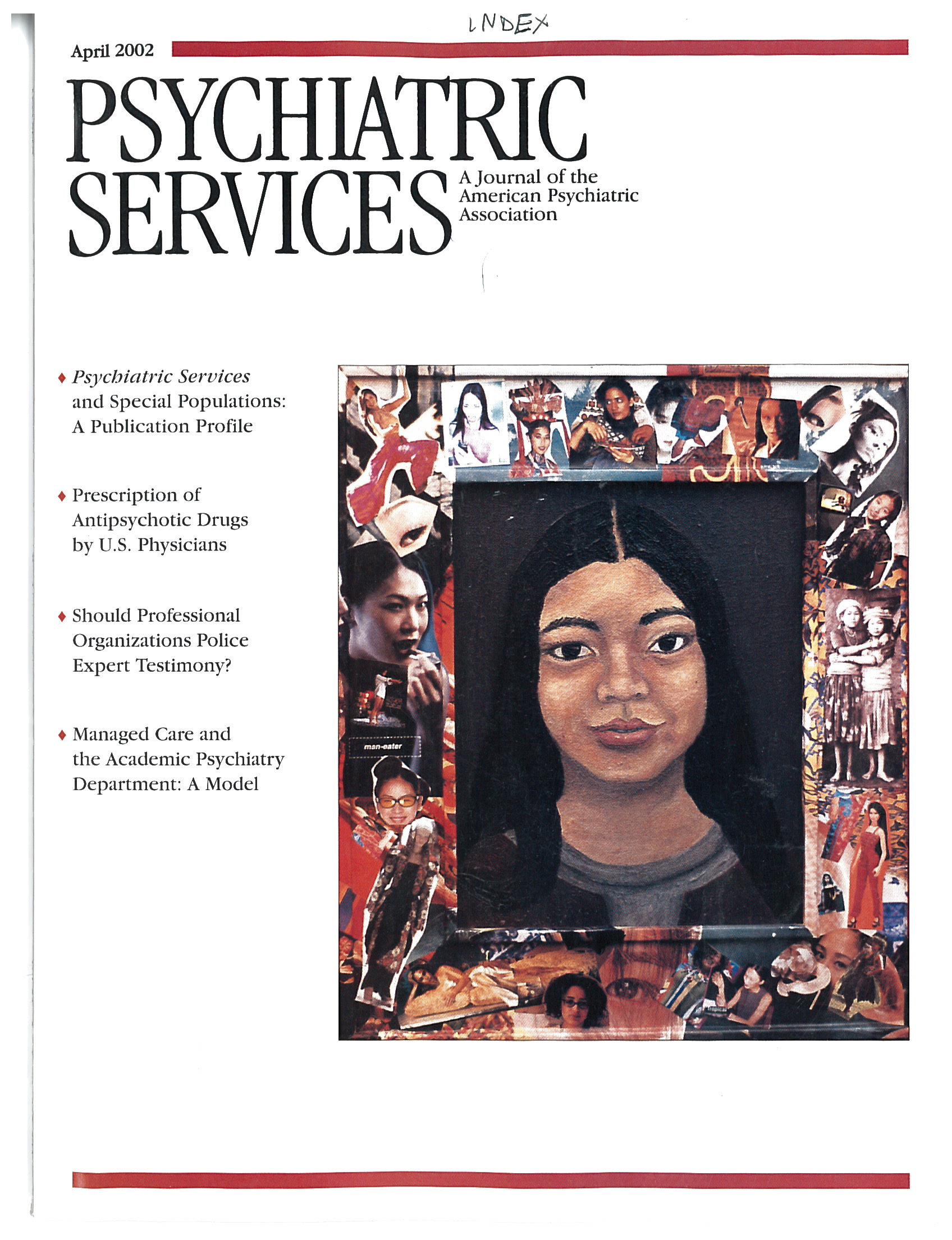Crucial Choices, Crucial Changes: The Resurrection of Psychotherapy
I approached Crucial Choices, Crucial Changes with a great deal of hope and expectation. The tone of the initial material is promising—the idea, hopeful and illuminating, that there are critical choices ahead and changes to be made. Disaffection with the state of psychodynamic psychotherapy would prompt basic changes in order to protect and maintain the substantial benefits of this perspective in the sea of troubles facing psychotherapy in general. The idea of a presentation of "entirely different approaches to psychotherapeutic theory and practice" is appealing. The historical and literary quotations sprinkled throughout the text give it a humanistic flair—again, an appealing quality. Indeed, the introduction seems to be headed in the right direction by identifying as problems psychoanalytic training and basic conceptual issues in psychoanalysis and psychodynamic theory. However, the author begins to demonstrate a different quality of choices as he moves into the middle portion of the book.
Dr. de Schill's attack on what he considers major problems and shortcomings of psychoanalytic psychotherapy practitioners takes on a shrill edge. This section of the book is disappointing and confusing, for de Schill seems to embody just what he complains about in his repetitive, diffuse attacks on the work of others. There seems to be a consistent strategy of setting up straw men and then knocking them down—repeatedly. De Schill's attacks on the authors whose scholarship I know best misrepresents their work, which does not leave me with a great deal of confidence in his own scholarship.
The book is organized essentially into three major components. The first, an introductory section, includes a foreword by Monroe Spero; a preparatory essay by de Schill, noting the difficulties in the field; and essays by John Gedo and Robert Stoller, addressing contemporary psychoanalysis and the use of conceptual language, respectively. The next section, part 1, is entitled "The Resurrection of Psychotherapy." This section, written by de Schill, is an effort to deal with some deficits in psychotherapy, namely, the failure to deal effectively with dreams and feelings, the poor conceptualization of psychotherapy, and the malignant narcissism of many of the prominent writers in the field. Part 2, the final section, also written by de Schill, is an account of using intensive psychoanalytic group psychotherapy as well as a continuation of the author's litany of complaints.
On one hand, the book soars toward a passionate humanism, seeking improvements in the training of psychotherapists and a rational critique of the conceptual soundness of the field; on the other hand, it plummets into a rambling, verbose, loosely argued railing against the world of academic psychotherapy. In short, Crucial Choices, Crucial Changes is a difficult work, showing promise and fire but mostly failing to deliver a consistent, well-articulated vision. The author hardly mentions the great forces that are at work in our culture to devalue the examined life; the strong move in medicine toward reductionist theories to explain complex phenomena that have social and psychological dimensions; or the commercialism that has invaded the practice of medicine.
Crucial Choices, Crucial Changes will not be a blueprint for change in the field. It is a great book for someone seeking ways to talk about some of what is wrong in the realm of psychoanalytic psychotherapy, but the solutions are weak and the remedies pale. The author does not make the crucial choices that can lead to change. There will be no resurrection this way.
Dr. Sledge is professor of psychiatry at Yale University in New Haven, Connecticut.



